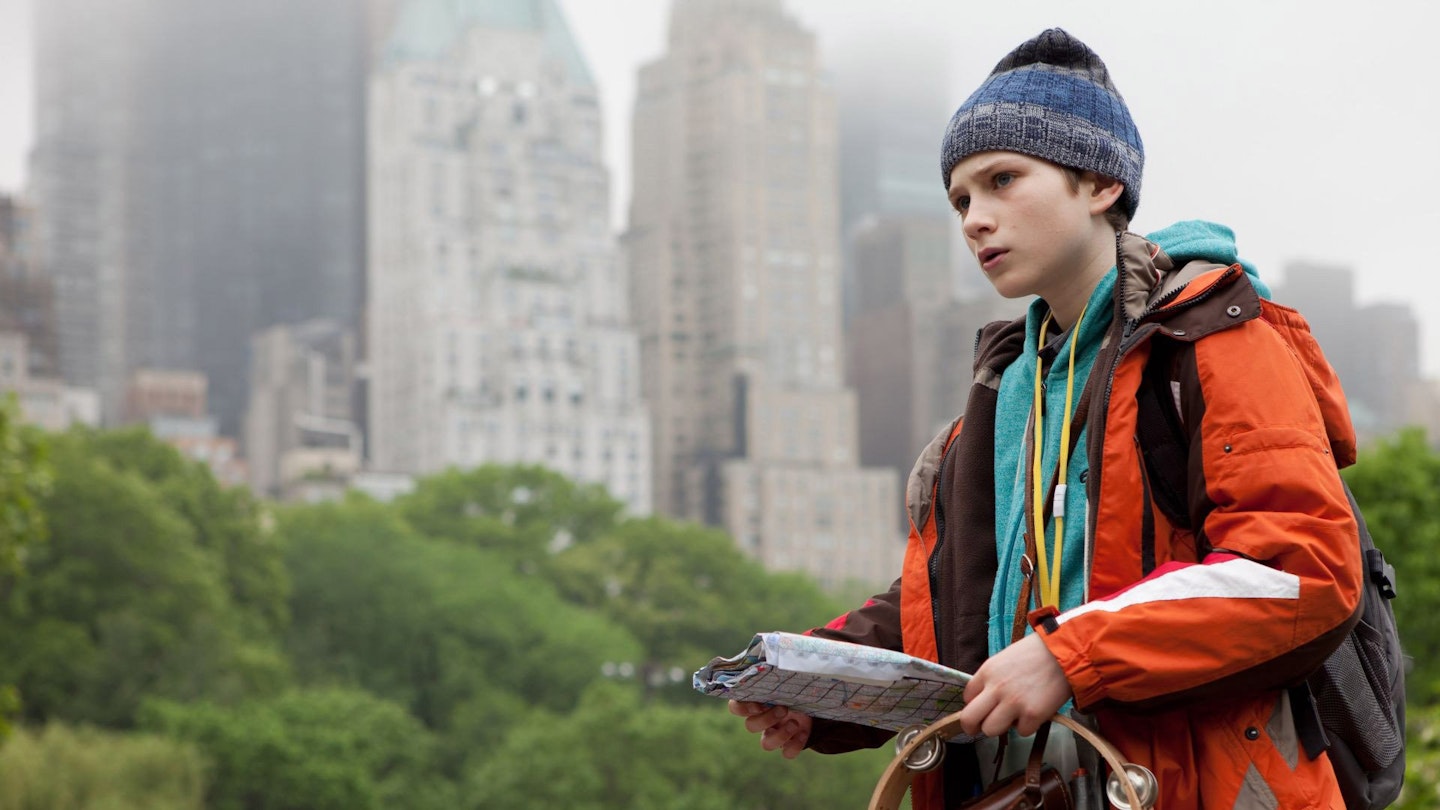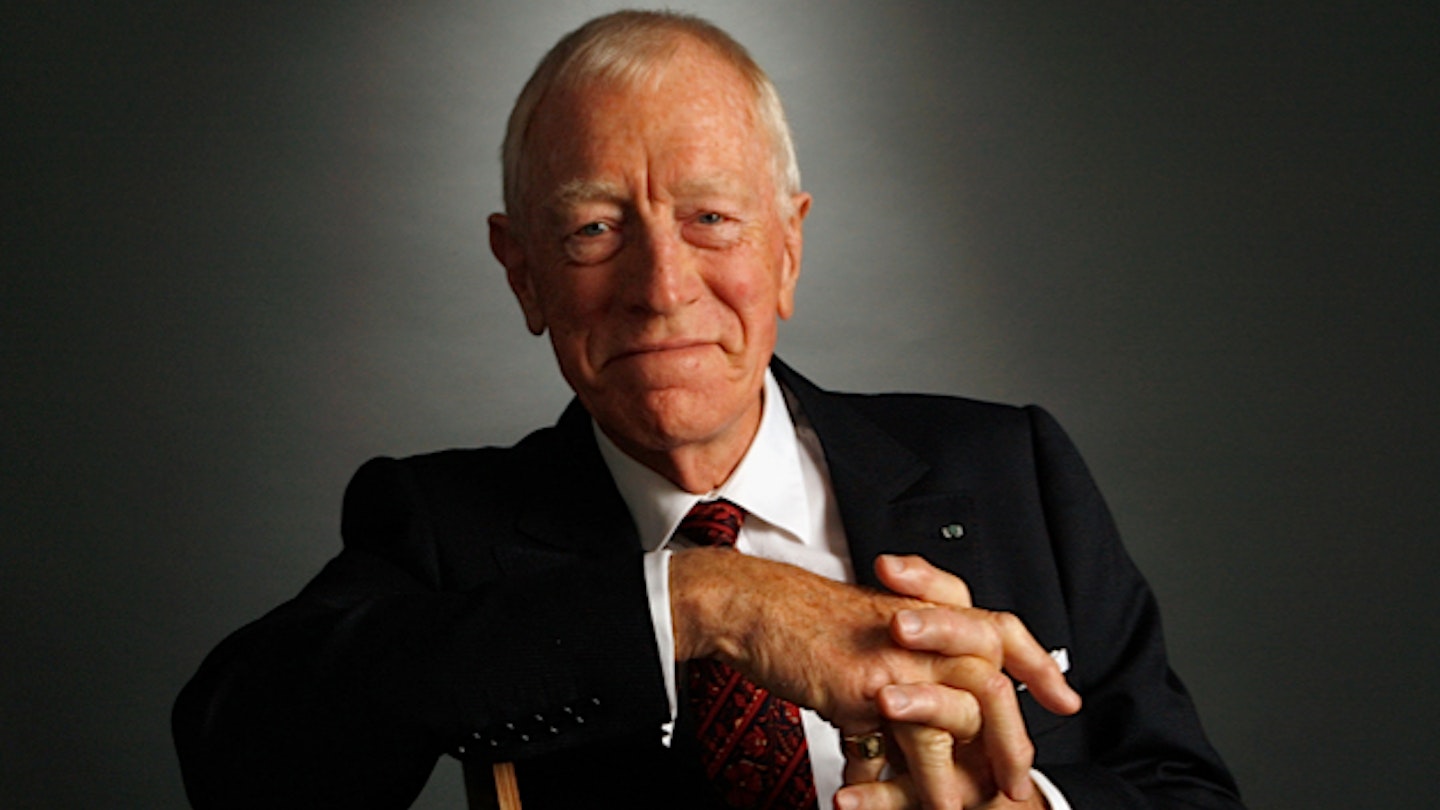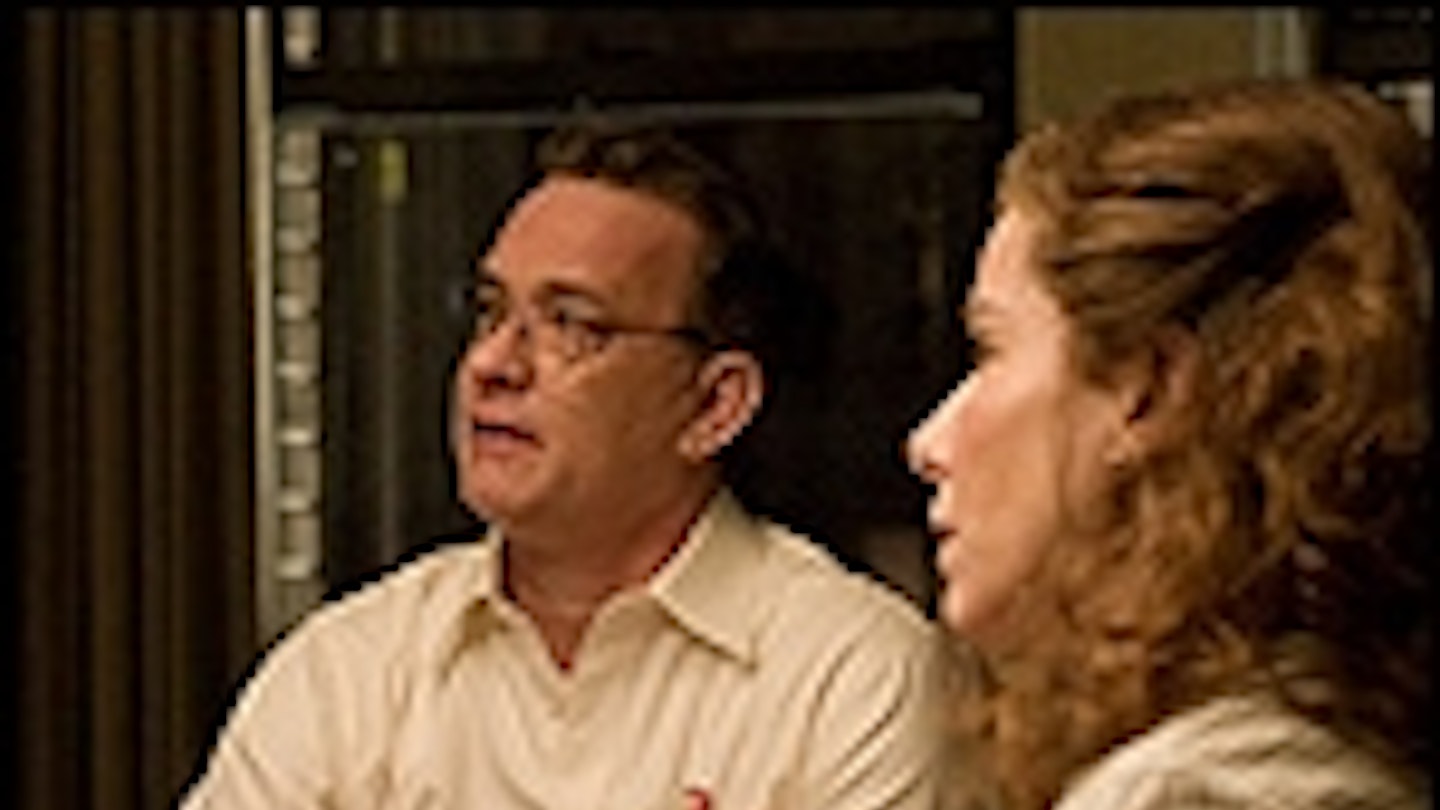Before anyone had seen a frame of Stephen Daldry’s tenth anniversary contemplation of loss and catharsis — the emotional aftermath of 9/11 through a child’s perceptions — Oscarologists were predicting Best things for a heavy-hitting, deliberate drama, adapted by Eric Roth (Forrest Gump) from the novel by Jonathan Safran Foer. This may teach industry pundits not to get ahead of themselves. What it wins is Most Polarising Film. Some will embrace this as an extraordinary, universal journey through grief to reconciliation with loss. Others will just as surely find it heavy-handed, manipulative and too weepily whimsical.
A film with its weight on a child’s shoulders is asking for trouble since one either warms to the child or not. Thomas Horn’s nine year-old Oskar Schell is not an average all-American boy, but a gifted and afflicted one. He may have Asperger’s Syndrome, we don’t know. (It is one of many things we don’t know, back stories and answers being in short supply.) He has a mind for puzzles and maths problems. He is socially inept. He has panic attacks triggered by everyday sounds and events. He rattles a tambourine when he becomes anxious. He wishes his mother (Sandra Bullock) was the parent who had died that day, and tells her so. For most of the film she does indeed seem clueless about parenting Oskar, although she oozes loving concern, while Tom Hanks in flashbacks is the best dad on Earth.
Given that Manhattanites seem to enter therapy or go on a talk show if they have a hangnail, it seems incredible that a child with deeply apparent pre-9/11 problems, whose post-9/11 distress is exacerbated by answering-machine messages from dad that Oskar guiltily replays — understandably making him even more psychologically damaged — is not seeing a therapist or grief counsellor. Okay, it’s a parable, but if the defining event of the story is one so traumatic — and one multitudes watching will think of as their story, too — some degree of credibility would be nice. It is the supporting cast that saves the day: magnificent Max von Sydow, and Viola Davis and Jeffrey Wright in important cameos focus one’s sympathies wonderfully. What you have to ask yourself is whether you are ready for Tom Hanks tumbling beautifully in slo-mo from one of the Towers like a falling angel.


